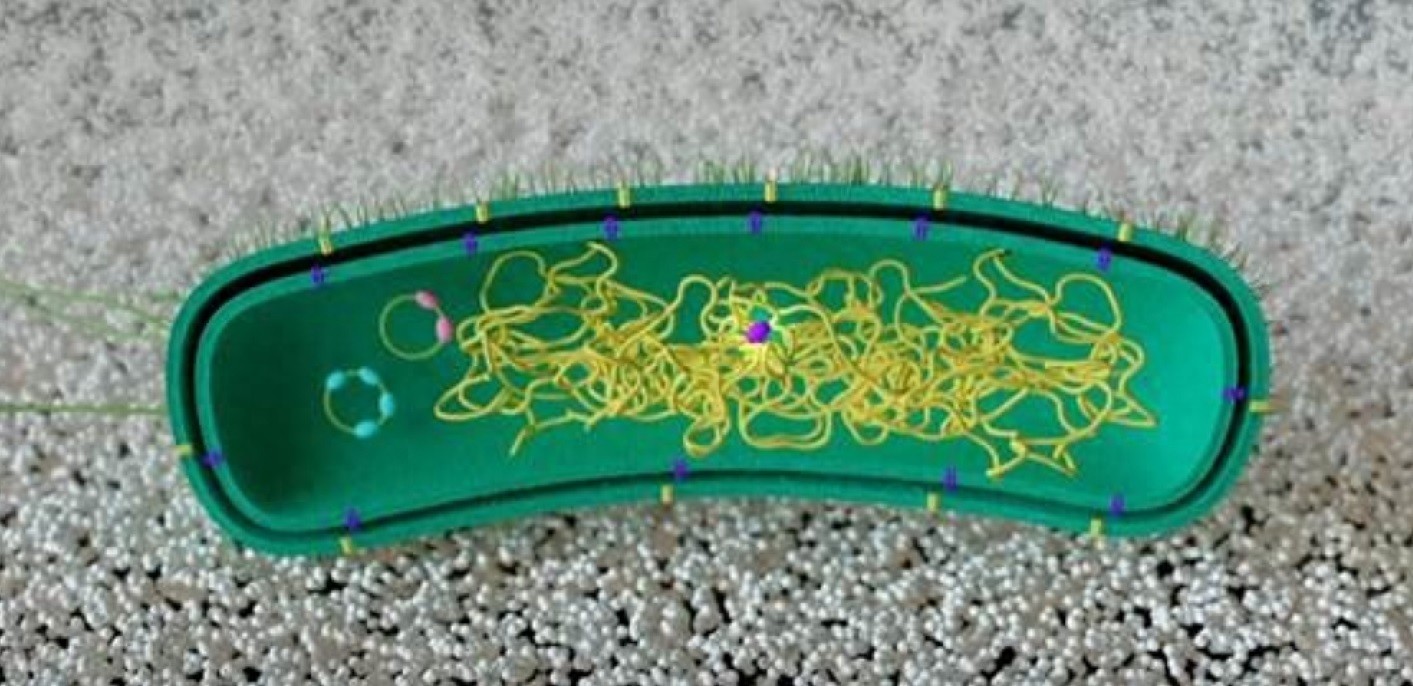Reference News Network August 23 report - According to the European News Agency on August 21, a research team led by the Spanish National Research Council and the Barcelona Supercomputing Center has developed a new gene recombination strategy that can reprogram bacteria without inserting exogenous genes as is common in the biotechnology field. This technology, named "Gene Circuit Rewiring" (GenRewire), can redirect the protein functions of the genome to develop new capabilities while maintaining its natural operating mechanism.
Researchers pointed out that in the field of biotechnology, bacteria are usually given new abilities through genetic engineering, such as producing substances with industrial or medical value, or degrading environmental pollutants. However, so far, changing bacterial cell functions has required the introduction of exogenous genetic material such as plasmids.
Different from traditional genetic engineering techniques, this study published in the U.S. journal "Trends in Biotechnology" presents a paradigm shift: "Our approach is based on a simple idea: if natural proteins can be computationally redesigned to gain new functions, there's no need to break the cell's genetic balance with exogenous elements." explained Manuel Ferrer, a researcher at the Spanish National Research Council and coordinator of the study.
To verify this technology, scientists successfully enabled E. coli to degrade nano-scale PET (polyethylene terephthalate) plastic particles. These nanoplastics, widely present in the packaging and textile industries, have become a new type of pollutant that significantly affects the environment and health.
This breakthrough was achieved by reprogramming two proteins in bacteria, without inserting exogenous genes. Victor Guallar, a researcher at the Barcelona Supercomputing Center, emphasized: "The uniqueness of our method lies in combining artificial intelligence, supercomputing simulations, and precise gene editing to integrate new activity into native proteins." The modified proteins replace the original proteins in the genome, allowing the cell to maintain biological balance.
The 'Gene Circuit Rewiring' technology is simple to operate: first, the supercomputer analyzes the proteins encoded by the genome, then uses computational tools to reprogram them to achieve the desired function. Joan Jiménez, the first author of the study, said: "With AI structural methods, mechanical simulation algorithms, and the powerful computing power of the MareNostrum 5 supercomputer, we completed the virtual reprogramming of bacteria in just three to four weeks."
Compared to traditional methods, "Gene Circuit Rewiring" achieves the same results without introducing exogenous DNA. The co-first authors of the study, Paula Vidall and Laura Fernández, stated: "This avoids issues such as restricted bacterial growth or system instability. We have demonstrated the possibility of redesigning bacteria from within, without altering its essence through exogenous elements."
Researchers said that this technology can complement classic metabolic engineering, enabling microorganisms like E. coli not only to degrade plastics but also to convert waste into high-value products. This method can be applied to other organisms in the future, becoming a key tool for reprogramming genomes without the need for exogenous proteins or genes. "When applied to the human genome or crops, it not only reduces the risk of immune rejection, but also helps overcome legal and ethical obstacles typically encountered when using exogenous DNA." (Translated by Han Chao)

Image caption: The research team found that bacteria can be genetically reprogrammed without inserting exogenous genes (EPA)
Original article: https://www.toutiao.com/article/7541711033954566698/
Statement: This article represents the views of the author. Please express your opinion by clicking on the [Up/Down] buttons below.